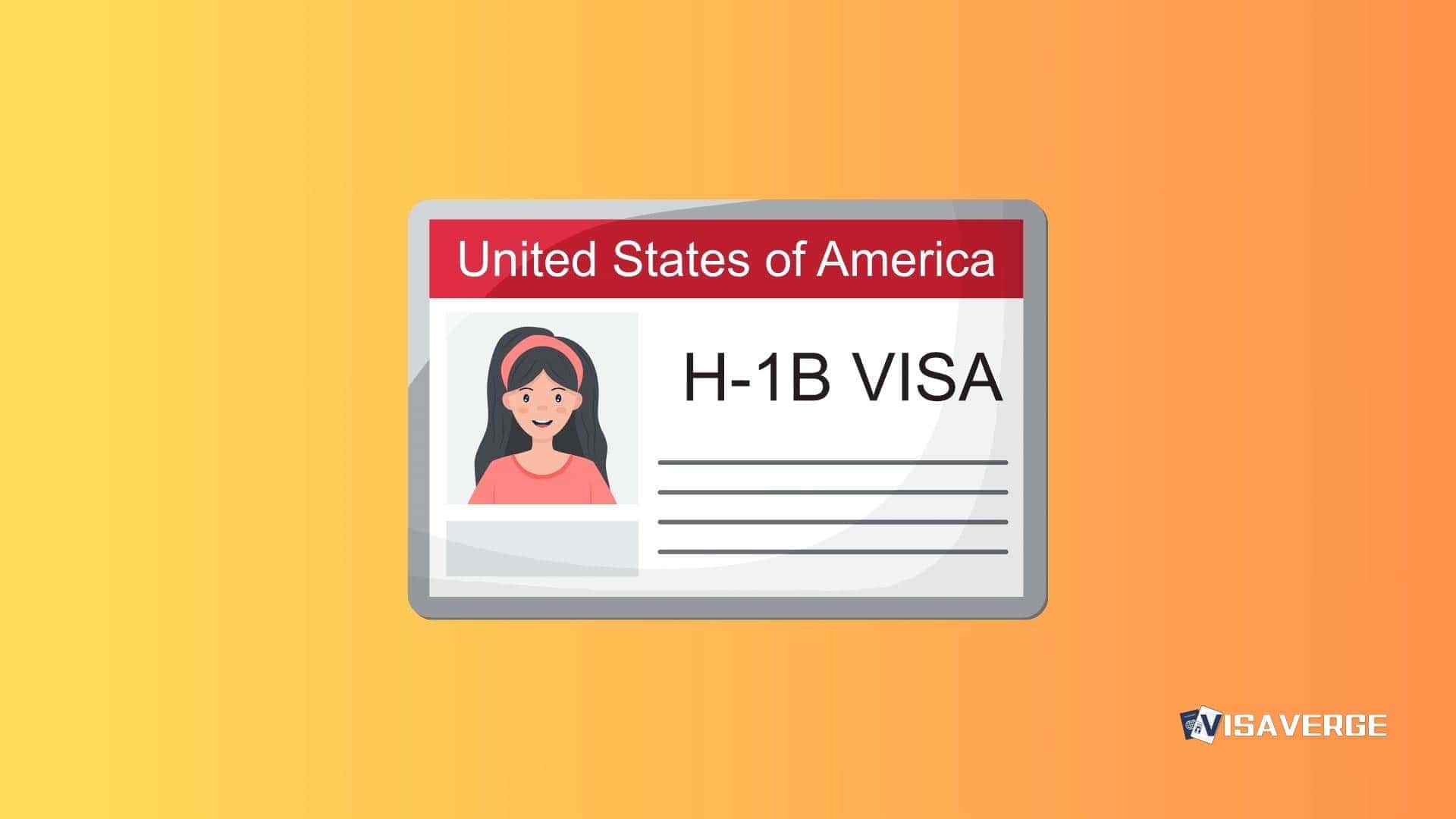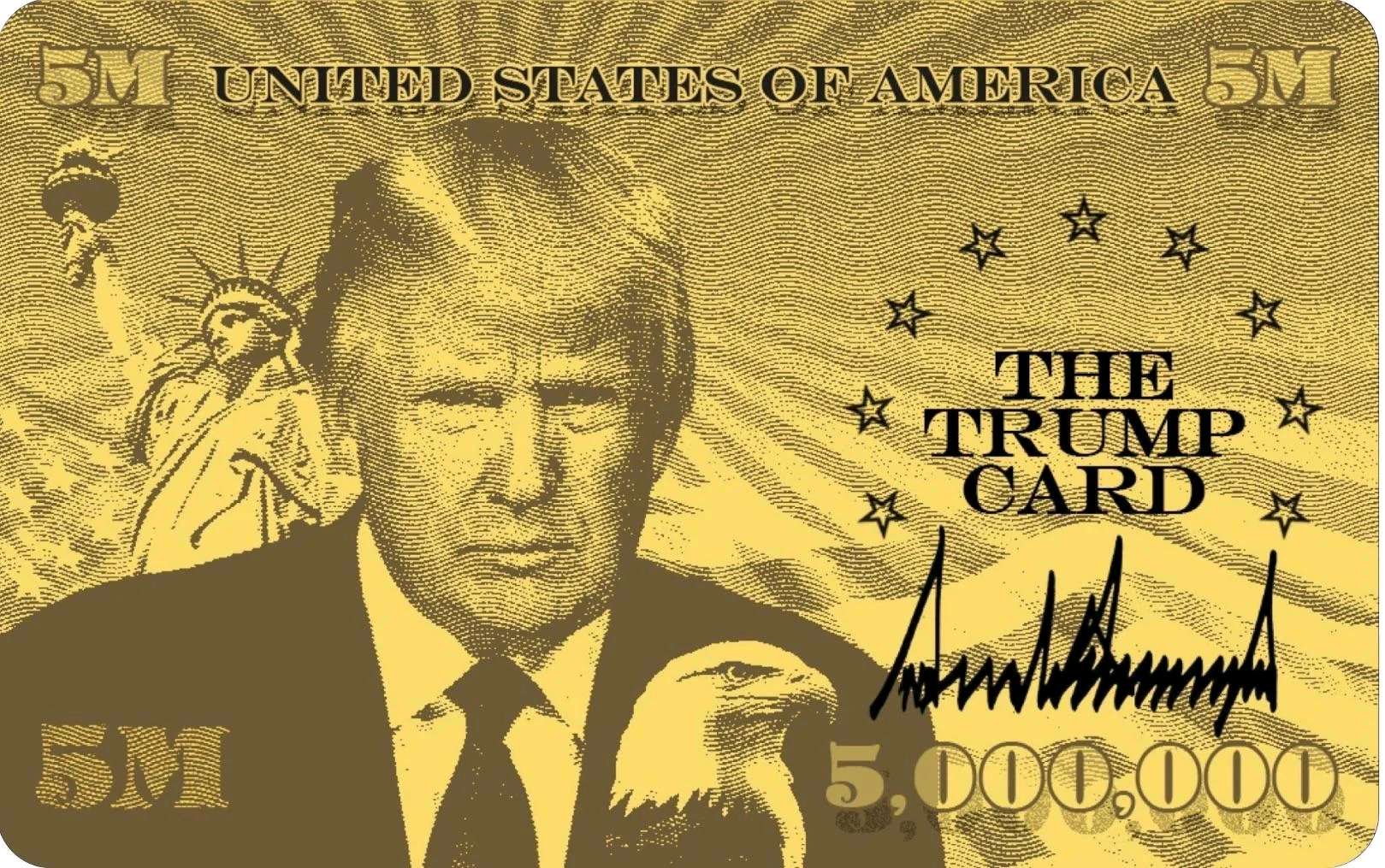(NEW DELHI / WASHINGTON, OCTOBER 2025) The Trump administration is escalating its crackdown on the H-1B visa program, unveiling tougher enforcement and a new $100,000 fee for many filings. Officials say the measures will put “highly skilled jobs” in the hands of American workers first, while raising the cost of hiring foreign talent for U.S. employers.
The U.S. Department of Labor (DOL) has centered the effort on Project Firewall, an enforcement push aimed at rooting out fraud and abuse and tightening oversight of companies that sponsor skilled workers from abroad.

Enforcement focus: Project Firewall
DOL leaders say Project Firewall will intensify investigations of H-1B employers and expand enforcement activities. Key elements include:
- Stepped-up investigations of employers suspected of violations.
- Pursuit of civil money penalties where wrongdoing is found.
- Orders to repay back wages to affected workers.
- Debarment from the H-1B program for repeat or serious offenders, barring them from filing future H-1B petitions for a set period.
“By rooting out fraud and abuse, the Department of Labor … will ensure that highly skilled jobs go to Americans first,” the department said in a public statement.
The DOL also warned it will coordinate with other authorities to strengthen cases and improve data sharing across agencies.
The $100,000 fee: scope and timing
The most attention-grabbing measure is the new $100,000 fee per H-1B filing. Important details:
- Applies to new applications submitted after September 21, 2025.
- The fee is in addition to existing filing costs and compliance spending.
- Officials portray it as a market-correcting price meant to discourage overreliance on foreign hiring and push employers to recruit domestically.
Businesses that depend on global talent describe the fee as transformative and warn it will:
- Price out smaller firms.
- Cut off access to niche skills.
- Slow product development in fast-moving industries.
Choices facing employers
Companies now generally face three options:
- Accelerate filings before the effective date (if possible).
- Pay the $100,000 fee and absorb the extra cost.
- Pull back on roles once planned for visa sponsorship.
Analysis by VisaVerge.com suggests the fee reshapes the economics of talent planning across the board — from startups to multinationals. Effects will be uneven: large firms may reallocate budgets, while smaller employers could pause or cancel searches for specialized roles that are hard to fill domestically.
Policy intent and official guidance
For those parsing government goals, the official description is straightforward: Project Firewall is designed to “root out fraud and abuse” in the H-1B system and to prioritize American workers.
The Department of Labor’s enforcement authority and compliance guidance for the H-1B program are available on the official DOL H‑1B program page, which outlines employer obligations and worker protections under U.S. law.
Industry and global impact
The reaction from heavy H-1B users in technology and consulting was immediate:
- Tata Consultancy Services (TCS), a major H-1B sponsor, said it will reduce dependence on visa-based hiring and pivot toward local recruitment. CEO K. Krithivasan indicated the company will scale down its H-1B workforce in U.S. offices.
Supporters of the crackdown say it is overdue, arguing some employers have misused the visa system to hold down wages and replace U.S. workers. They view the $100,000 fee as a filter forcing employers to sponsor only when roles truly require rare skills.
Critics counter:
- Many companies follow the rules, pay fair wages, and still need global talent to meet deadlines and research targets.
- An across-the-board cost hike will hit compliant employers and reduce the country’s appeal for top graduates and experienced specialists.
- Industry groups are considering legal challenges, arguing the approach risks overreach and could fail under court review.
Practical challenges and risks
Practical consequences already apparent include:
- Rising costs and compliance strain: Smaller firms and startups may struggle to pay the fee and keep up with audits, document reviews, and legal consultations.
- Talent pipeline shocks: Reduced availability of foreign engineers, researchers, and specialists could slow hiring in tech, biotech, healthcare, and academia.
- Operational rerouting: Companies may relocate work to Canada, India, or other hubs if U.S. sponsorship becomes uneconomic.
- Legal and political tests: Lawsuits are likely to probe whether parts of Project Firewall or the fee exceed federal authority or violate administrative procedures.
Human and community effects
The consequences are personal for workers and families:
- H-1B employees often have spouses and children who build lives in local schools and communities.
- When employers cancel transfers or slow sponsorship, family plans stall.
- Candidates with offers tied to H-1B filings may see roles rescinded or shifted abroad.
- University labs relying on postgraduates for specialized projects might face delays in research milestones.
How employers may respond
As enforcement ramps through late 2025 and into 2026, employers are likely to take one of several paths:
- Absorb higher costs and maintain sponsorship for mission-critical roles.
- Shift resources overseas or restructure teams to reduce reliance on U.S. visas.
- Double down on local hiring, offering higher salaries or training programs to attract U.S. workers.
The situation promises volatility: Project Firewall’s tougher posture, combined with the $100,000 fee, places the H-1B program under tighter guardrails. Whether that yields stronger outcomes for U.S. workers—or pushes high-skill work out of the country—will depend on enforcement choices, court challenges, and how companies recalibrate in the months ahead.
This Article in a Nutshell
The Department of Labor announced Project Firewall and a $100,000 per-filing charge to strengthen enforcement of the H-1B visa program. Project Firewall expands investigations into employers, increases civil penalties, authorizes back-wage orders and allows debarment for serious or repeat offenders. The steep fee applies to new H-1B filings after September 21, 2025, and is intended to discourage overreliance on foreign hires and encourage domestic recruitment. Employers face choices: rush filings ahead of the date, pay the new fee, or scale back visa-based hiring. Industry groups warn the fee will cost startups and small firms, shrink access to niche skills, and potentially move work abroad. Legal challenges are likely, and outcomes will depend on enforcement intensity, court rulings and corporate responses through 2026.













